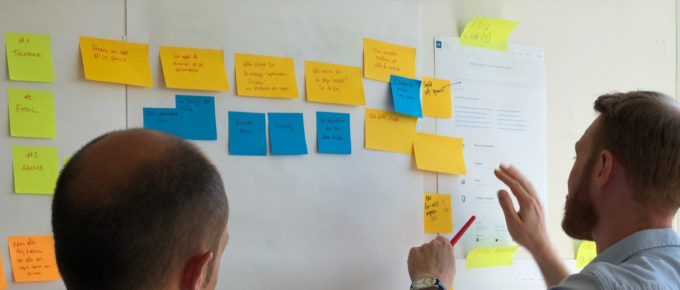I’ve written a lot about process. I’ve spent a lot of time sharing what good and bad process looks like, and advocating for better process over best process. What I’ve not focused on—which is an interesting oversight—is the mindset and personality of the people who actually build process for a living. This is important, because it goes a long way to explaining why we get the kinds of processes that we do. And what needs to change if we want to get processes that truly work.
Process Shouldn’t Get In The Way
How people experience working with you depends upon a number of factors. A big part of that is process. As I have written about extensively, process is important. It helps to coordinate, to deliver results, and to codify expectations and principles into guidelines that can be followed. Those benefits tend to be internal to an organization, however. Frustrations and unintended consequences can occur when those same processes bleed to the outside. For those who lead with process, consider this a cautionary tale.
So What Are Practices For, Anyway?
If best practices aren’t actually best, then why do they exist? What is the point of process, of practices, of standards even, if they don’t reliably produce good results? While some standards have value, and there are simple situations where there might be a best way of doing things, when it comes to the strategic work that we take on, we are far removed from those statements being true. Even when we want there to be a way of working, one that is consistent and repeatable, the reality we find ourselves in is usually very different. It helps to know what to draw on instead if we are going to be successful.
Getting To A Decision Of Sorts
We like to think of deciding as an act of deliberate intent. In actual fact, decisions often simply happen. They emerge and evolve, or arrive at a point where they are simply accepted. All appearances to the contrary, it can be difficult to point to when a decision was actually made, how it was arrived at and by whom. This doesn’t have to be the case. There are ways to improve not just the quality of decisions, but also clarity in the decision making process.
The Building Blocks of Decision
If we care about making a good strategic decision, then we need a capable process to get us there. In my last article, I made the argument that if we try to move normal meeting structures online, we are likely to fail. Partly that’s a product of attention span and inadequacies in online meeting technologies. […]
Systems Are Good… But Habits Are Essential
I’ve been sharing some of the experiences I’ve had as I transition my approach to time management. I’m liking the system that I have moved to. While it takes a different approach to some of the principles that I use and apply, I understand the choices that have been made and why. And I can see the value of many of them. What has been most relevant in this overall transition, though, is not that I have a shiny new piece of software. The essential change is a result of developing new habits about how I use and rely on the system that I have.






